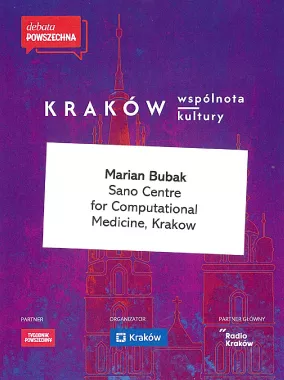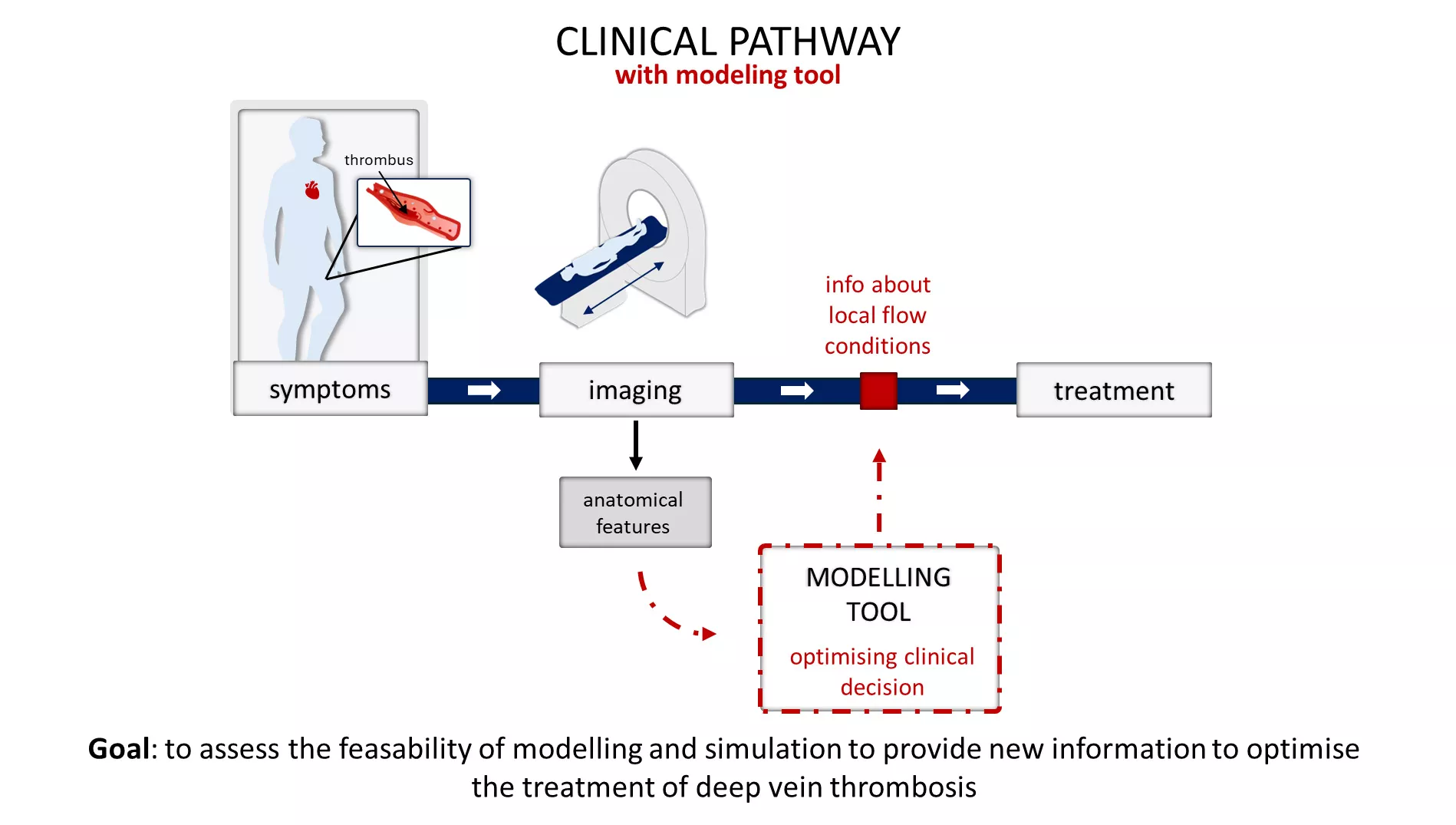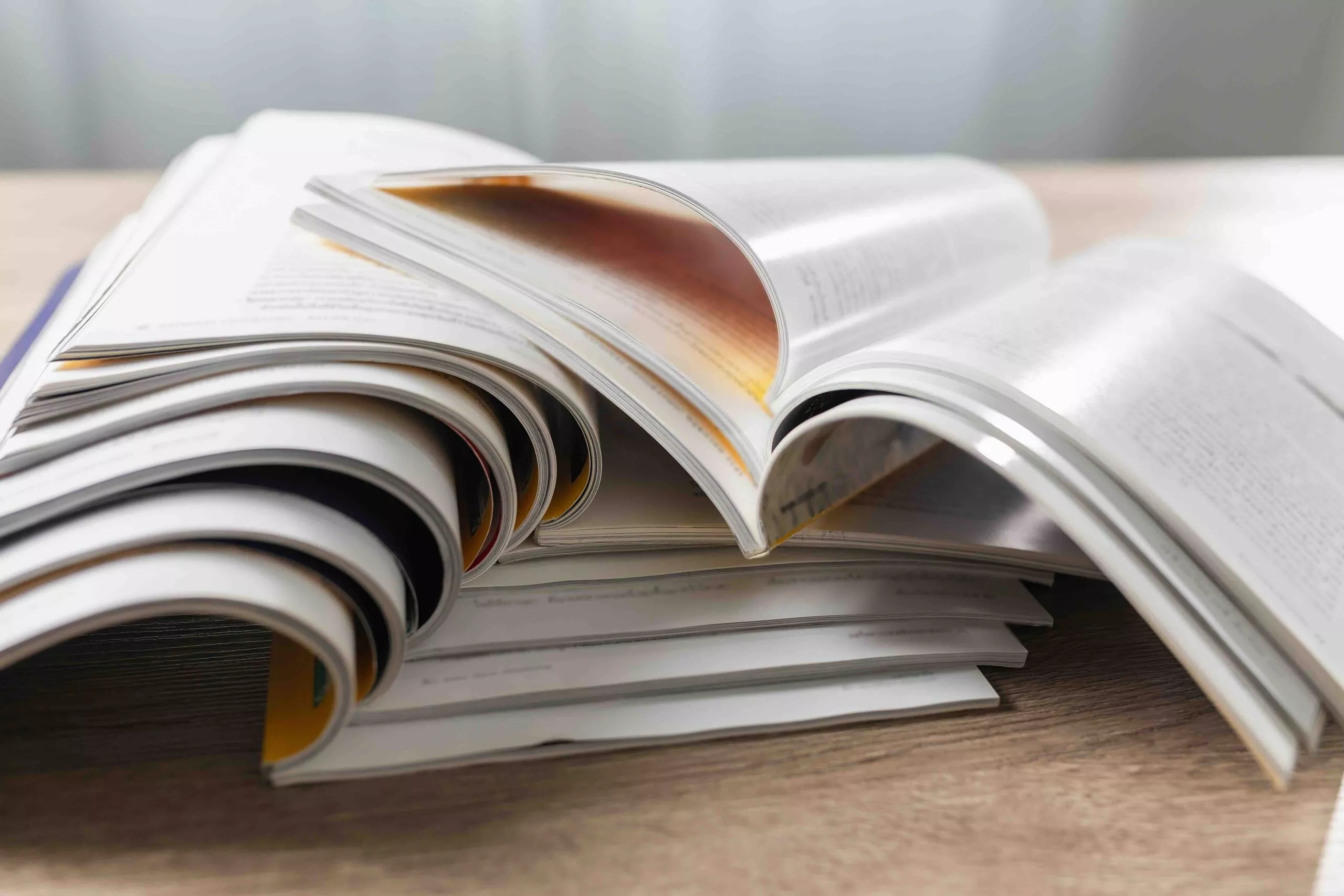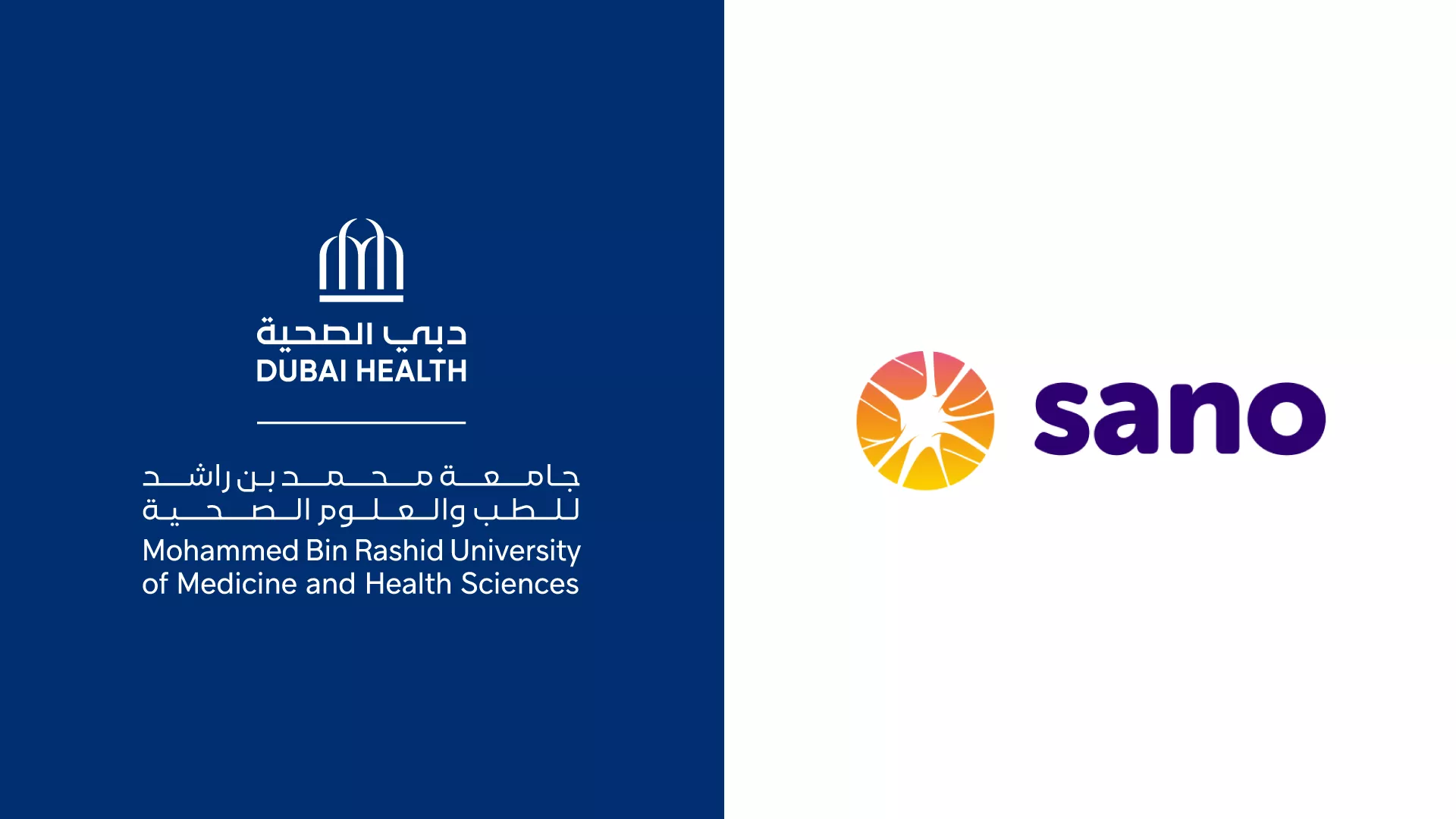
Krakow – a community of culture. Marian Bubak’s voice in the debate on heritage and future
On 25 September 2025, the conference “Kraków – wspólnota kultury. Debata o dziedzictwie i przyszłości” (“Krakow – a community of culture. Debate about heritage and future”) took place, organized by Tygodnik Powszechny in partnership with the City of Krakow and Radio Kraków. Among the invited guests was Marian Bubak, Scientific Affairs Director at the Sano – […]
On 25 September 2025, the conference “Kraków – wspólnota kultury. Debata o dziedzictwie i przyszłości” (“Krakow – a community of culture. Debate about heritage and future”) took place, organized by Tygodnik Powszechny in partnership with the City of Krakow and Radio Kraków. Among the invited guests was Marian Bubak, Scientific Affairs Director at the Sano – Centre for Computational Medicine, who shared his reflections on the role of openness, science, and innovation in the cultural development of Krakow:
“In the discussion on heritage and cultural identity of Krakow, a concern was raised that care for heritage might dominate and turn the city into a kind of ‘frozen open-air museum’. However, it should be remembered that Krakow’s natural openness has always counteracted such tendencies. Already in the 13th century, location-related documents, which can now be seen in the Market Square Underground Museum, were in fact invitations sent to craftsmen from all over Europe – something very similar to today’s European Calls for Proposals. Thanks to this openness, Krakow has always welcomed newcomers.
A good example of this openness today is Krakow’s new scientific institution – Sano Centre for Computational Medicine, with employees of 13 nationalities. Foreign visitors will be even more likely to attend Krakow’s theaters if subtitles and explanations in English are provided more frequently. It is worth being open.
For centuries Krakow has been a meeting place for scientists, visionaries, and artists. Therefore, we should accept that the culture of our city is also a culture of science, cooperation, and innovation. Conferences organized by Krakow universities, the LifeScience Cluster, and various institutions are an integral component of Krakow’s cultural life.”
During the panel on ‘Creators and creative industries: new challenges’ Marian Bubak has stated:
“I emphasize the places where these creative industries are born – Krakow’s universities, in particular AGH University with its unique campus (you can come and relax), with the Faculty of Humanities (e.g. Adam Zagajewski worked in its progenitor), the Faculty of Computer Science, Cyfronet and new institutions such as Sano – hubs of computer science and artificial intelligence. They are ready to cooperate with cultural creators. A good example is the conference Computer Science in Art and Humanities, organized this May at the Palace of Art. Thanks to such initiatives by universities and centres like Sano, alongside cultivating heritage, a culture of innovation is being developed.
In this context, I would like to acknowledge Kazimierz Murzyn (LifeScience Cluster) for his valuable suggestions.”
Marian Bubak, Sano Centre for Computational Medicine, Krakow, PL




